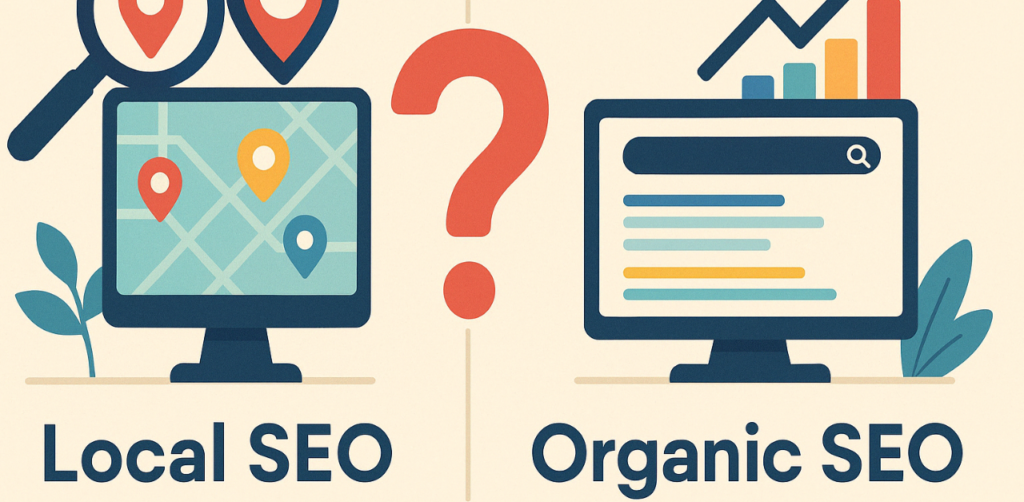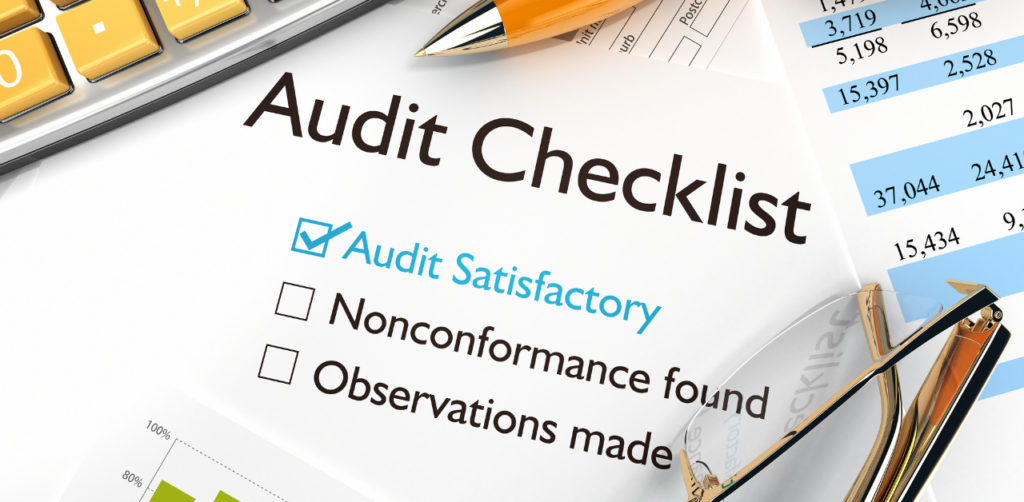To improve local SEO:
- Optimize your Google Business Profile (GBP)
- Ensure consistent NAP across all listings
- Conduct local keyword research
- Create location-specific landing pages
- Build high-quality local backlinks
A Reddit user shares their experience that the most effective strategies for improving local SEO are focusing on solid on-page SEO, building citations, and optimizing the Google Business Profile. They note that for many local businesses, these basics are enough to achieve good rankings. However, in more competitive markets, additional effort—such as finding creative ways to acquire high-quality backlinks—may be necessary.
Another Reddit user suggests adding a map of the business to your website as part of local SEO best practices. They emphasize the importance of directory listings and citations, recommending tools like BrightLocal, which also offers competitor citation tracking. They also advise using virtual assistants or services to manage citations if needed.
In this article, we discuss the top 5 strategies to improve our local SEO, get you noticed in local search results, and drive more foot traffic and calls from nearby customers.
1. Optimize Your Google Business Profile (GBP)

Your Google Business Profile, also known as Google My Business, is the primary source of business information that appears on Google Maps and local search results. A well-optimized profile improves your local ranking because search engines rely on this listing to understand your services, location, and other factors.
- Claim Your Listing: First, visit Google to claim and verify your business listing. This step ensures you have control over your profile.
- Add Detailed Info: Include your business name, physical location, and contact details. Also, ensure that you include high-quality images of your storefront, products, or team. Images create a better user experience and help prospective clients see what you offer.
- Highlight Business Hours: Many local searches happen outside standard times, so it is best to keep your hours accurate. If you have multiple locations, create separate listings for each one with the correct schedule.
- Use Accurate Categories: Pick the most relevant category that describes your services. For a coffee shop, for example, use “Coffee Shop” as your primary category.
- Encourage Positive Reviews: Positive online reviews can significantly boost a local business’s ranking. They show Google and potential customers that you offer value. Ask happy clients to share their experiences and respond to all customer feedback, even negative reviews, in a polite way.
When you optimize your Google Business listing, you provide search engines with a clear picture of your business. This will help you appear in more local searches, improve local SEO performance, and attract local leads that turn into loyal customers.
2. Ensure Consistent NAP Across All Listings
NAP stands for Name, Address, and Phone Number. These details are crucial business data that help local listings match your business to specific search queries. Consistent NAP helps build trust with search engines and improves your local ranking across local directories, other websites, and Google Maps.
- Check for Variations: Sometimes, your business name might appear with slight differences (like “Co.” vs. “Company”). These tiny changes can confuse search engines. Make sure your business name is identical everywhere.
- Include the Right Business Address: Confirm that your physical location is listed the same way on all platforms. If you use “Street” in one listing and “St.” in another, it can create inconsistencies.
- Use the Same Phone Number: Provide one main phone number and place it on your website, social media, and local business directories.
- Keep Contact Details Updated: If you move or change phone numbers, update your details as soon as possible. Old data can lower your local ranking and create a poor user experience.
By taking these steps, you ensure your local citations are uniform across the web. Local business directories, local news sites, and other local businesses often pull your data from many sources. Maintaining a consistent presence leads to higher local visibility, which supports better placement on Google search and other search engines.
3. Conduct Local Keyword Research

On-site SEO begins with finding the right local keywords. When people perform local searches, they usually add a location term to see what they need nearby. This approach to local content is also tied to voice search, which is popular on mobile search devices.
- Use Google Keyword Planner: This free tool is a good way to find local search terms. Enter your service or product along with your city to see data on local searches.
- Look for Location-Specific Keywords: If you run a coffee shop, you might look for phrases like “coffee shop in [Your City].” You can also discover variations like “best coffee near [Neighborhood]” to reach more potential customers.
- Study Search Volume and Competition: Look for relevant local keywords that have decent search volume but are not too hard to rank for. This gives you a better chance of appearing in the top results.
- Brainstorm Common Phrases: Think about what people type when they need your product or service. For instance, “plumber in [City],” “emergency plumber [City],” or “plumber near me.”
- Review Customer Feedback: Online reviews can contain words people use to describe your business. You can reuse those phrases in your website content to connect better with the local community.
Local searches usually involve direct queries about a service. By focusing on location-specific keywords, your website can target local intent, which helps you rank better in Google search results. This process enables you to identify local keywords that match people’s speech and typing patterns.
4. Create Location-Specific Landing Pages
Once you find local keywords that fit your business, create location-specific landing pages to drive more local traffic. A landing page for a particular area or city can speak directly to the folks there. It can also show that your business covers local needs in ways that feel personal.
- Focus on One Location Per Page: If your business has multiple locations, building separate pages for each site is wise. Include relevant local keywords, business hours, and details about that specific branch.
- Add Local Content: Share details about local events, local news sites, or anything that shows you are active in the local community. This can make your page more appealing to local searches.
- Include Business Information: Provide the business address, phone number, and a map. This helps people figure out how to reach you.
- Implement Local Business Schema: Use structured data to help search engines understand your location-based pages. When you implement local schema markup, your business can appear more accurately in local search results.
- Insert Internal and External Links: Link to relevant pages on your website and to local resources, such as local business directories or local events pages. This adds context and helps search engines see the connections.
Location-specific landing pages showcase your commitment to serving a specific local area. This can increase local leads and help your pages appear on Google Maps. Remember to keep these pages updated with fresh details, such as new announcements or special deals, so visitors remain engaged.
5. Build High-Quality Local Backlinks

Local link building is another powerful method to improve local SEO. A backlink is a link from another website that directs users to your site. When you receive backlinks from credible local sites, it sends a signal to search engines that your business is important in your local area. High-quality local backlinks are one of the major local SEO ranking factors.
Here are ways to build local backlinks:
- Work with Other Local Businesses: You might exchange links with a nearby store or join a local business directory. If your services are related, cross-promotion can benefit both sides.
- Sponsor Local Events: Contribute to events in your city and ask organizers to link back to your business website from their event pages or news releases.
- Reach Out to Local News Sites: If your business has a story worth sharing—such as hosting a fundraiser or launching a new product—ask local news sites to cover it. They often provide valuable backlinks.
- Share Community Stories: Develop content on your site about local charities or interesting people in your city. This can draw attention from local community blogs that might link back to you.
- Guest Posts: Write helpful articles for other websites in your niche or region. In the author bio, link back to your own site. Make sure the content is fresh, factual, and useful.
Local link building works best when you form connections in your local area. Build local citations and strong local content, and you will see your local ranking and visibility improve. Quality is always more important than quantity in this process, so focus on sites that match your industry or city.
How Does Google Determine Local Search Rankings?
Google considers three primary factors for local rankings:
- Relevance: How well your business matches the search query.
- Distance: Proximity of your business to the searcher’s location.
- Prominence: How well-known your business is, based on information from across the web, including links, articles, and reviews.
What are Some Common Mistakes to Avoid in Local SEO?
Common pitfalls include:
- Inconsistent NAP information across platforms
- Neglecting to update business hours and services
- Ignoring customer reviews or responding inappropriately
- Overlooking the importance of mobile-friendly website design
- Failing to utilize local keywords in website content
Let’s Take Your Local Presence to the Next Level
If you want to boost your local SEO even further, Web Search Marketing can guide you. Our SEO specialists are the masters of local SEO, and we take pride in offering dependable solutions that fit your needs. Book a consultation to explore ways we can help you improve local SEO performance, gain local leads, and raise your presence in search results.
We look forward to supporting your success in the local community.
































